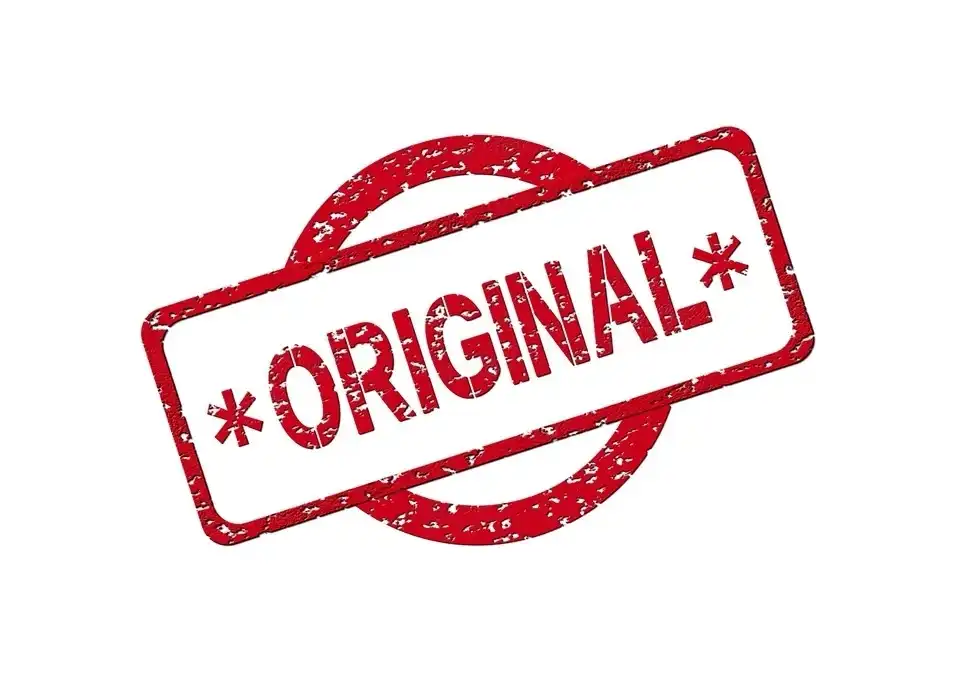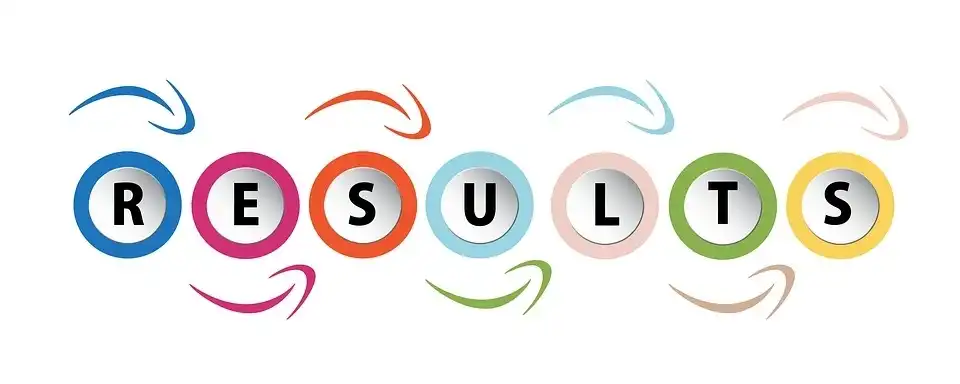If you are currently looking for a job or will find yourself in that position, you are likely facing one of the most competitive labour markets in human history. Remote work means workers are now far less geographically constrained than they have ever been. Combine this with the globalization of labour and increased outsourcing, and trying to find a job, especially if you are new to the labour market, is no small task.
Tips To Make Your Resume Stand out
While the majority of jobs are no longer listed on job boards and are found, instead, through personal and professional networks, your resume continues to be a critical variable in your job market success. With that in mind, below are some tips to help ensure your resume stands out from the steadily growing crowd.
Be a Better Writer
If you consider yourself a mediocre written communicator, you can take comfort knowing that very few people, if anyone, is born a good writer. This is one of those things people improve over time through practice, learning, and a willingness to accept criticism. The truth of the matter is that, while your ability with the written word is never a guarantee someone will prefer your resume over that of another candidate, being a better writer than your competition is guaranteed, at the very least, to catch your reader's eye. And, if you already have a solid resume, this might be all it takes.
There are many ways to improve your writing by working at it daily, one of which is playing word games. Word games like Scrabble, for instance, which is free to play on either your phone or desktop when played for 15 or 20 minutes each day, are a great way to help you add words to your vocabulary and make you a better writer. If you are new to Scrabble and struggling to find words, there are tools like Unscramble X, which helps rearrange tiles into all possible word permutations. If you're struggling with writing your own resume, you can use an ai based resume builder or consider the best resume writing services to do the job for you.
Add Visuals
Resumes are no longer expected to be the static, purely text documents they once were. While the use of visuals and things like graphs are still not common practice, when done right, they can help quantify any claims or statements you make about past work experience and results. You do not want any visuals you use to make your resume several pages long, so they should still be used sparingly, but a couple of well-placed visual representations throughout your resume can make a big impression on a hiring manager.
You can add visuals to a resume using programs like Microsoft Excel to create graphs and tables or even include figures and images from previous projects you have worked on.
Map it to the Job Description
It is still quite amazing how often applicants fail to use the job description as their guide for their application. All these means, however, is that anyone who manages to hit as many requirements in the job description as possible, with examples for each one, will come off as that much more impressive.
Even if you are not as qualified as another candidate, if you do a better job of highlighting the parts of the job description where you shine, you can end up receiving higher marks from a hiring manager. All you have to do is go through the job description point by point and map your own experience (where possible and when applicable) onto each one.
Avoid Cliches
One of the keys to good writing is avoiding the use of cliches, tired phrases, and overused, meaningless words. Doing things like claiming you have "extensive experience," proclaiming that you are "innovative," "results-oriented", and "motivated" are not going to impress anyone. On the contrary, they will place you alongside all of the other applicants who are simply spamming resumes to as many places as possible while trying to cut down on the amount of work required. While this approach is understandable, it is not what is going to get your resume to the top of the pile.
Use Keywords From the Job Posting
Another great way to use the job posting as a guiding light while writing your resume is to deliberately use keywords from throughout the posting. Employers often spend a great deal of time crafting the perfect job description so that they find what is usually referred to as the "ideal" candidate for the job. The words they choose to use, therefore, are not an accident.
Read over the job description many times before tailoring your resume to it and make a mind map of the keywords you notice. How many are recurring action words? What sorts of adjectives do they use to describe how the ideal candidate will perform his or her duties? If you use these words throughout your resume and cover letter while taking care to avoid "keyword stuffing", you can have a significant impact on the person reading your application. Using the right keywords can also get your resume picked up by the algorithms that are increasingly used to find and shortlist candidates.
Speak to Cultural Fit
One of the most neglected areas of most people's resumes and cover letters is how they describe and emphasize their cultural fit. Employers are interested not only in whether you possess the requisite technical skills and experience to do the job but also in how well you will fit in culturally. You can find out more about a prospective employer's culture by doing some research before writing your application package.
If it is a publicly traded company, look at their annual general meeting statement and read the opening remarks, as well as scan the corporate social responsibility section of their website. You can also look at if and how the company has made the news, including for its charitable and volunteering efforts, or look at their video content on YouTube. Following companies on social media is another way to get a feel for corporate culture.
Emphasize Your Results
As previously mentioned, it is next to useless to describe yourself as "results-oriented"; that is basically assumed about anyone who stands any chance of being contacted for an interview. What you absolutely should do, however, is emphasize your results. Results-based bullet points and descriptions, ironically, should be a large part of your work experience section. Employers want to see, where possible, what kind of results your work has produced for your previous employers because it gives them insight into what they might expect from you if they hire you.
Draw Attention to Growth
This is a resume tactic that is underutilized to the detriment of those who fail to realize its importance. No one assumes you were born or entered any of the jobs you have previously held or educational programs you were in as an expert. In fact, quite the opposite, most people expect new employees or students to be, to varying extents, blank or partially filled slates.
Employers want to see that you are not only capable of growth but humble enough to acknowledge your trajectory from less to more competent throughout your professional, academic, and even personal life. Making references to this growth on your resume, always with the intention being to show improvement over time, can have a big impact on the reader.
Demonstrate Your Industry Insight
If you have worked in a particular industry for a while, are plugged into what is going on, and are confident in your ability to speak and write intelligently about it, then your resume and cover letter can be a great place to showcase your industry insight.
This is a worthwhile tactic because by demonstrating you are up on industry trends and developments, you also showcase your passion, which will give you major brownie points among recruiters and hiring managers. People are not only attracted to passion in others, but it is quite a good indicator that you are going to be an employee who takes their job seriously and wants to continue learning.
Keep in mind that focusing too much on your industry insight can end up occupying valuable resume space that should be used for advertising your skills, work experience, education, etcetera. Be sparing but strategic with where you show off your industry insight, and all the better if you are able to do so within the context of the specific company and role for which you are applying.
So, Make Your Resume Stand Out!
Depending on the labour market in question, the company, the role, and even the time of year, you could potentially be up against hundreds of other candidates-make that thousand, potentially, if you are applying for a position that is advertised internationally. You need every advantage you can get if and when your application makes it to the desk or computer screen of the person responsible for shortlisting resumes and determining who gets called or emailed for an interview or pre-interview.
Most resumes and applications won't pass muster, but enough will that you still need to be on top of your resume game if you are going to stand a chance of getting noticed. Keep the above tips in mind and ensure that your resume makes an impact and resonates with its reader.
























